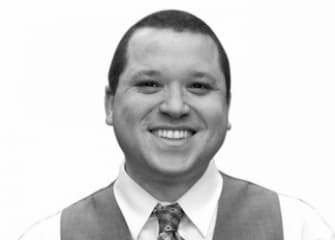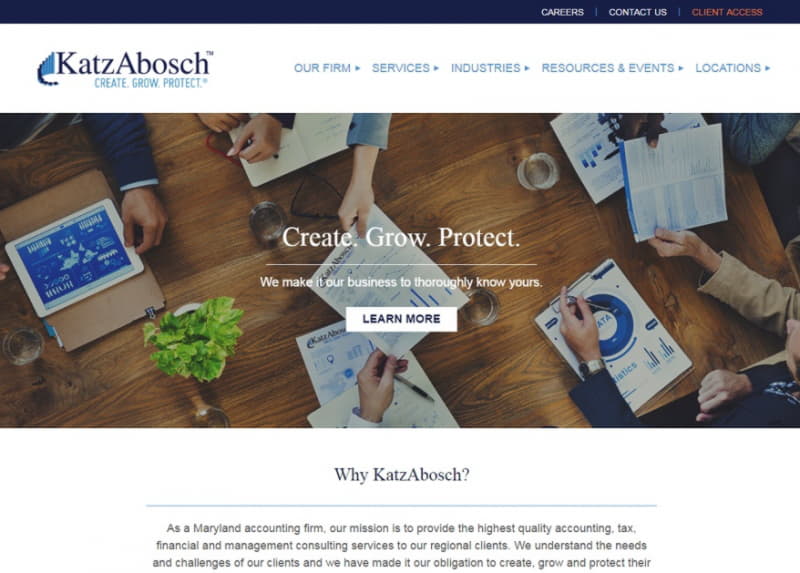
Fagan Harris
Click here for Part I & Part II
Advocating for innovation, equity, and racial justice in Baltimore
Fagan Harris is the CEO of Baltimore Corps. Founded in 2013, Baltimore Corps seeks to advance social innovation, equity, and racial justice in Baltimore by connecting talented individuals to opportunities within the social impact sector. To accomplish its mission, the organization runs fellowships, conducts placement services, and provides awards and supports to social entrepreneurs. Baltimore Corps' programs focus on development, networking, and making an impact, with its Fellows and Awardees including artists, social workers, city planners, community coordinators, and many others.
EDWIN WARFIELD: How has Baltimore Corps’ mission evolved since it began?
FAGAN HARRIS: When we started Baltimore Corps, on a tactical level the urgent problem was “How do we get people into roles where they can make a difference? How do they come to occupy a seat in city government? How do they come to occupy a seat in the nonprofit? How do they come to occupy a seat with a social entrepreneur?” Logistically, that was very difficult, and that really consumed us for a number of years: figuring out how to do that at a meaningful scale, so that there’s a real front door for talent to walk through and then work in those institutions—the theory being that if you can improve the quality of the leadership, the diversity of perspective that’s in evidence in those institutions, they’ll do better work.
As we’ve done that, I’d say more recently we have now given thought to “How do we not just move people in these institutions, how do we move the institutions? And what is the orientation of those institutions? And, whether we’re talking about the city government or nonprofit sector, do we actually have a shared orientation of what it means to effectively and equitably operate?” What we’ve discovered is that there is not a shared consensus on what it looks like to do this kind of work, and that for Baltimore to succeed, we’re going to have to have really clear values and really clear standards of what it means to try to improve the city.
For us, it flows back from values around racial equity, flows back around effectiveness, the use of best practice, and it flows back from a commitment—a long-term commitment—to the city of Baltimore. We feel like if we can start there and build standards around it, not just at an individual level but at an institutional level, we actually might be able to get those vehicles for change moving in the right direction.
Q. Do you find it difficult to get people from outside of the city to invest time and energy into Baltimore? What about people who grew up here but moved away?
A. There are a lot of narratives out there about individuals that had the benefit and the privilege of opportunity and higher education, that revolve around this notion that the places that raise them—the places that really create them—somehow push them out away. That’s the prevailing story, and so when I hear narratives like that, so many people have found that a lot of structures and institutions continue to perpetuate that. I think it’s something like 90 percent of venture capital in this country is deployed to New York, San Francisco, and Boston, and that the vast preponderance of this country is not served by capital markets, it’s not served by talent markets, so on and so forth. I think, therefore, to bring it all back, we’ve got a responsibility to build infrastructure and institutions that really command people to come home and to invest in home and to dig in and to make the case that these places, the same places that made us, are worth investing in. We’ve got to really challenge that narrative that the only interesting and important things are happening in New York City or San Francisco. It’s just not true, and moreover, it’s not in our enlightened interest as a country because some of the most profound challenges are happening in Baltimore, as are some of the most profound solutions. This is a country that is in desperate search for answers, and I think they’ll find it if they turn inwards and look at a lot of places that have been neglected and overlooked through the years.
Q. Where do you see Baltimore Corps in five years?
A. In five years it’s terribly important that we’ve grown to the point both in our infrastructure but also our sophistication as an operation, where anyone who wants to enlist and make this city all that it can and should be finds their seat on the bus, finds their place in that mission. The least favorite part of my job is how many people we say no to. It’s not a badge of honor, it’s not something we are proud about, it’s not something that we celebrate. There is just an enormous number of people that wanted to dig in and do the work of making Baltimore a safe, just place that’s rich in opportunity, and we’ve got an obligation to make sure that we’re connecting all of those individuals to meaningful opportunities to make a difference, meaningful opportunities to build their careers and invest their lives here. The thing that I get up every day thinking about, worrying about, obsessing about, is “How many different avenues can we build that can reach out and give people that chance to sign up and do the work that we so urgently need them to do?” There are no shortages of challenges and opportunities here. We still struggle to connect people at the rate and scale that we need to solve it. Five years from now, I hope we’re much closer to fulfilling that objective.
Connect with Fagan on LinkedIn
Sponsored by:
Founded in 1969, KatzAbosch is one of the largest CPA and business consulting services in the Mid-Atlantic region. Our mission is to provide the highest quality accounting, tax, financial and management consulting services to our clients. We understand the needs and challenges of our clients and we have made it our obligation to create, grow and protect asset value. The experts at KatzAbosch offer a full service solution while maintaining a tradition of ethics and incorporating the latest technology and unique business practices. Excellence in an industry often begins with how those closest to the company—its clients and employees—feel about it. For these individuals, KatzAbosch is a place where people and businesses excel and prosper. Our advisors can meet all of your service needs including; Audit & Accounting, Business Valuation & Litigation Support, Consulting, Estate Planning & Administration, Financial Institution Services, Forensic Accounting & Fraud Examinations, State and Local Tax (SALT), Taxes & Planning.


Edwin Warfield, CEO of citybizlist, conducts the CEO Interviews.
If you're interested in reaching CEOs, please contact edwin.warfield@citybuzz.co
Connect on LinkedIn




































